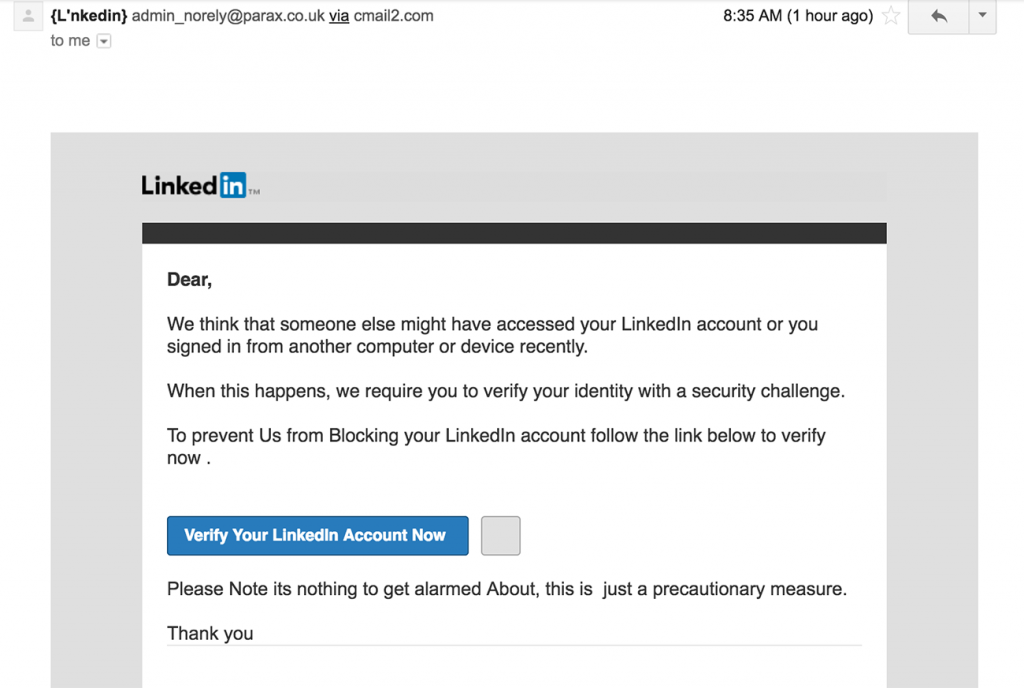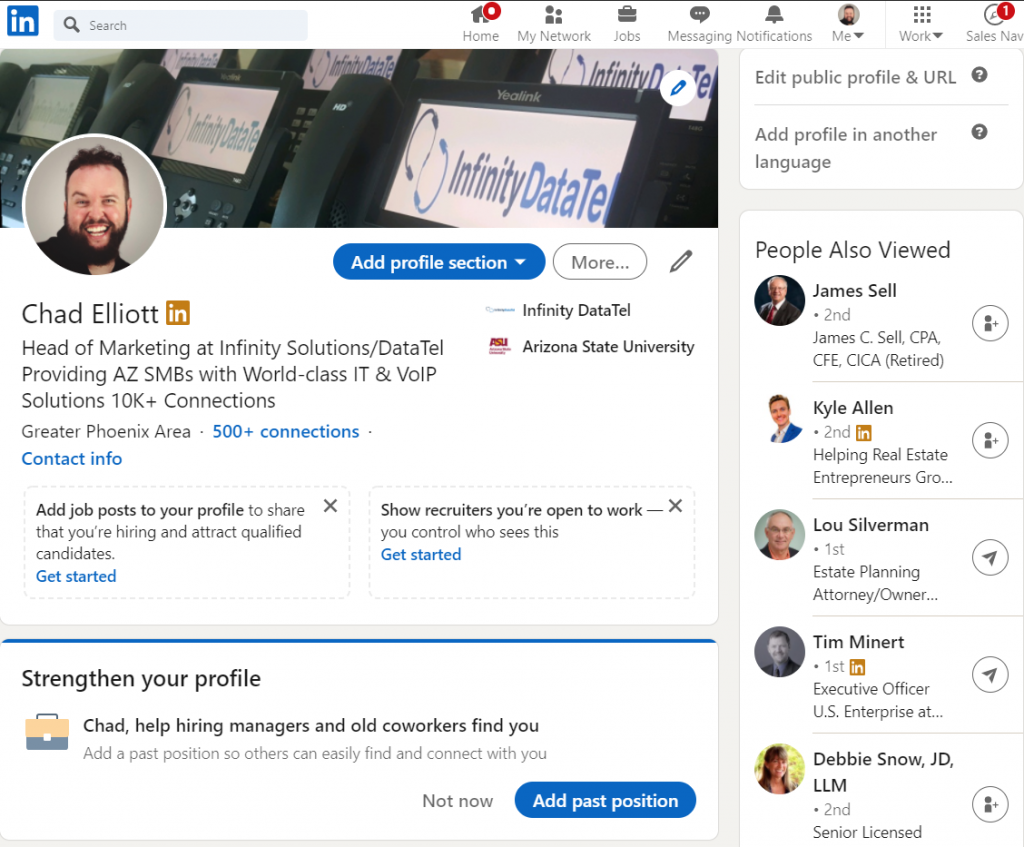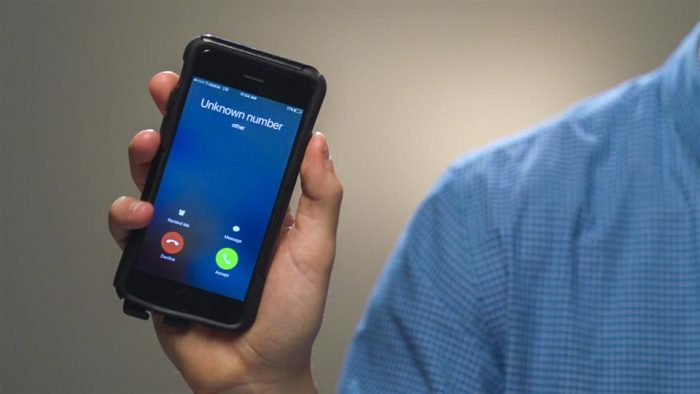When you’re a self-employed entrepreneur or simply a job seeker looking for jobs, you already know you can often get gigs on websites like Craigslist, Upwork, and many other freelance websites. However, you also get some security breaches hence the need to protect your identity. The same goes if you have applications and resumes on employment-seeking websites like Monster, Indeed, and even ZipRecruiter. What’s even worse – they’re becoming harder to spot because they’re using real positions from legitimate companies and job openings, as well as sometimes going so far as to having documentation that looks like proper forms.
You can see some of these companies and their “employees” and CEOs on sites like LinkedIn and even Google business listings, along with their websites. Most of these companies are just scammers operating overseas, and you need to protect your identity online. While not all of them are there to steal your identity, they use a tactic called data mining to sell your information to people who can.
Table of Contents
E-mail Scandals

Stay alert and protect your identity, especially when receiving emails from recruiters.
These fake recruiters will send you an e-mail about a job you’re probably really interested in. They’ll often say they found your resume online on a job site you use (which they very well may have). Then they find jobs with deductive reasoning by seeing what you search for and the jobs you’re looking for on your resume. Even more importantly, they get your e-mail address and can even get your phone number and physical address too.
Then they send bank documents when you call them, and they often ask for the last four digits of your social security number. Don’t ever give your social security number out on the phone. Some of these will even offer to pay you more than the company hiring directly will pay (while some companies in the U.S. pay employees more to be contractors on 1099, this is something to watch out for from a company you don’t know). What’s even worse? Many times, people call them, and now they have your phone number… Hello, robocalls, auto-dialers, and scammers.
How to Protect Your Identity

Protect your identity by staying aware and looking at emails and messages carefully to make sure they are from a legitimate source.
First off, to protect your identity, never open or respond to e-mails without doing some serious research. Suppose the company has any bit of information that might not look legit, block the sender’s domain. Never block the sender themselves because they’ll appear as someone else later. Otherwise, you can ignore or delete them.
Look at who the e-mail is from. Some recruiting agencies state they’re American, and when you call them, they may have foreign accents. Fortune 500 companies may outsource for technical support, but they do NOT outsource their interviewers to someone in India.
Research the phone number and physical address that they provide for their companies. There are some malicious fake recruiters out there that provide this on their “fake” websites. When you research the address, you’ll find that some of them use real physical addresses, but when you reveal them in Google, they’re at a place that doesn’t even recruit. Some even use the same address as hospitals, medical colleges, and even shopping centers.
Check Their Social Media

Another way to protect your identity when on the hunt for a new job is to check the businesses’ social media and individuals you are corresponding with.
If you go to their LinkedIn or business profile, you’ll notice they don’t have many connections. If they have a Facebook page with no likes, then this can be a warning too. These are huge warning flags. Most official recruiting companies that are legit have a ton of networking connections. Also, be aware that you’ll find a lot of information missing from their profiles, use unofficial e-mail addresses (like a Gmail or Microsoft e-mail), and they offer you a job without speaking to you over the phone first.
Rise of the Robocalls

One way to protect your identity is to ignore robocalls no matter how many times they call.
Don’t ever call them. Robocalls are a problem worldwide, and it’s because these data miners use them to get your numbers and sell your number to other people so they can get more scams. They even steal your number and use it on their auto-dialer lists. If you’re looking to protect your identity, avoiding robocalls is a must.
Resume Etiquette
Remove your current resume and re-upload a new resume without your contact information on it, like your phone number and address. This is a huge security issue, and you should never share this with online job boards. Instead, offer to speak with them on Skype or something else. Also, don’t accept anything from anyone that you didn’t apply for.
Finally, make sure that you invest in a good IT company to add to your security. Don’t ever make a payment, and whatever you do, don’t think they’re going away anytime soon. Having the right privacy and security solutions in place can greatly help you remain safe online and protect your identity. You can even get a VoIP service that forwards to your phone, so you don’t have to use your actual phone number.

